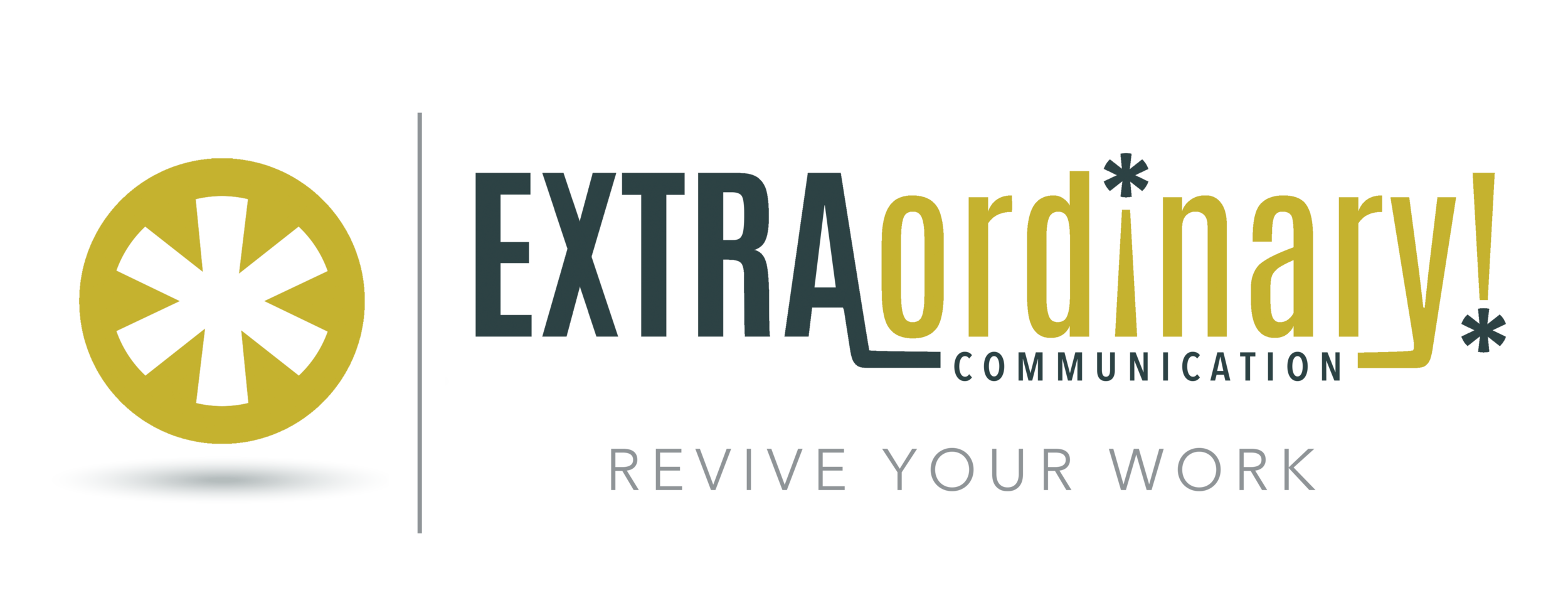E-couragement: Reformation
 “You say you want a revolution. Well, you know, we all want to change the world.” The Beatles
Things that change in business: markets, technology, competition, and products. Things that don’t change: people. I’ve seen companies successfully navigate the rapid changes of markets, technology, competition, and products…while simultaneously struggling with people. I hear them tell me, “Rich, our biggest challenge is attracting and retaining good people.” What’s that all about? How can the most challenging area within organizations today be the one thing that has remained virtually the same—people?
“You say you want a revolution. Well, you know, we all want to change the world.” The Beatles
Things that change in business: markets, technology, competition, and products. Things that don’t change: people. I’ve seen companies successfully navigate the rapid changes of markets, technology, competition, and products…while simultaneously struggling with people. I hear them tell me, “Rich, our biggest challenge is attracting and retaining good people.” What’s that all about? How can the most challenging area within organizations today be the one thing that has remained virtually the same—people?
Through the ages, there are countless examples of men and women who have helped shift generational beliefs. Among them was a German monk, theologian, and university professor named Martin Luther. He questioned the predominant religious thinkers of his day. He tackled some particularly thorny issues, and his ideas for change were recorded in 1517 through his Ninety-Five Theses. Because of his contrarian thinking, he was viewed as an outlaw, yet he is recognized for significantly impacting the course of Western civilization, encouraging others to share their doubts about the established church and to protest its ways.
The word that Luther’s contemporaries used to describe the endless and necessary process of change and growth is reformation. It is the core belief that all current thoughts, ideas, and actions are subject to be revisited, rethought, and reworked. Likewise, as a leader, you are called to the ongoing process of reforming the thoughts, ideas, and behaviors of your workplace culture regarding the state of employee engagement. Since, at our core, people remain virtually unchanged, perhaps it’s time to rethink the way your organization utilizes this vast and limitless power.
It’s important that those looking to you for leadership and direction believe you are in touch with their world. They want to be convinced you have a real sense of what they are experiencing and feeling. They need your awareness, followed up with meaningful and purposeful action that addresses their plight. A Chinese proverb says, “The best time to plant a tree was twenty years ago. The next best time is today.” Now is your opportunity to spur on an engagement reformation within your workplace. The best time for you to begin this process—is today.
Leave your comments: How are you rethinking and reworking your organization’s culture to positively impact employee engagement?
